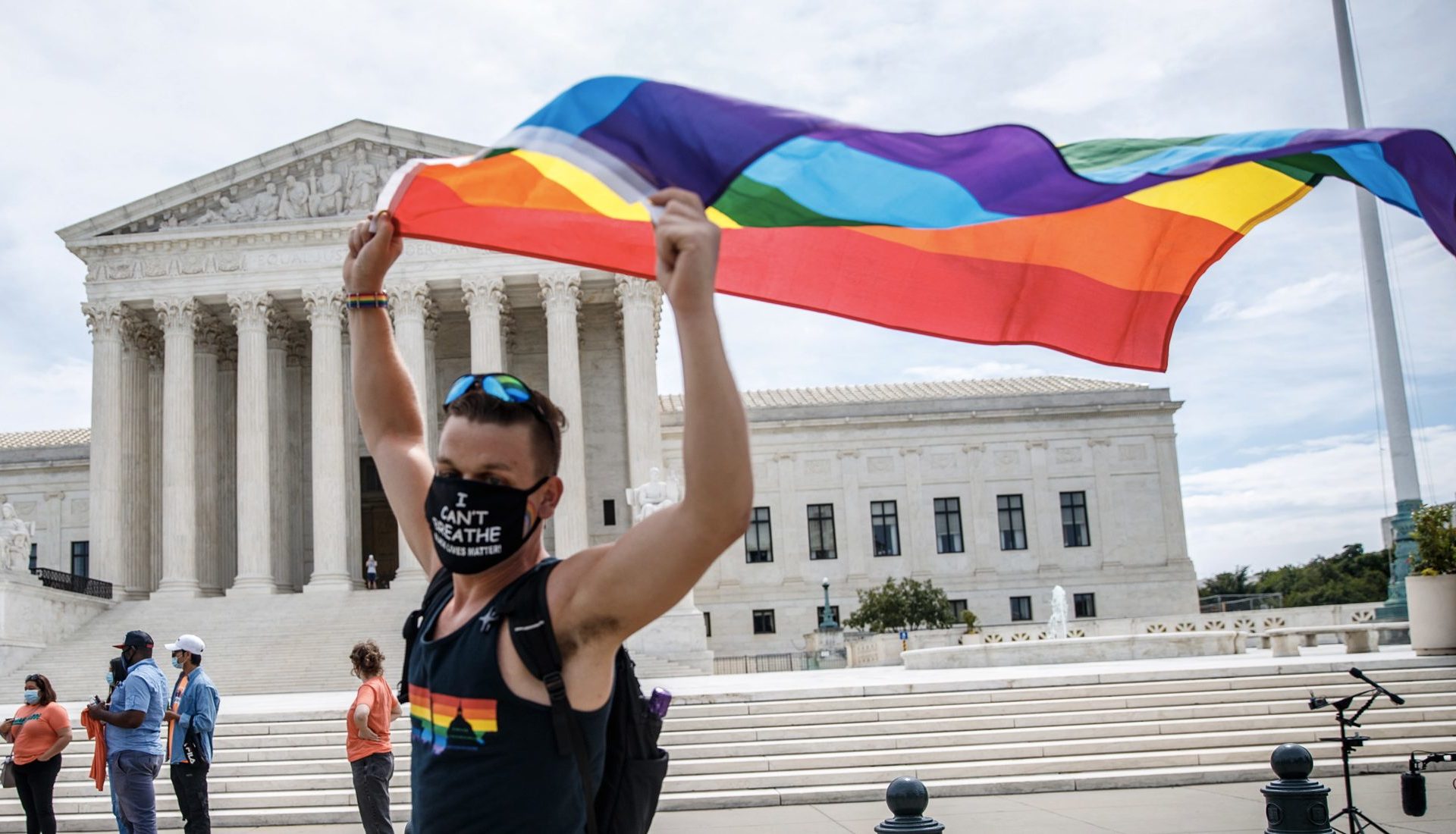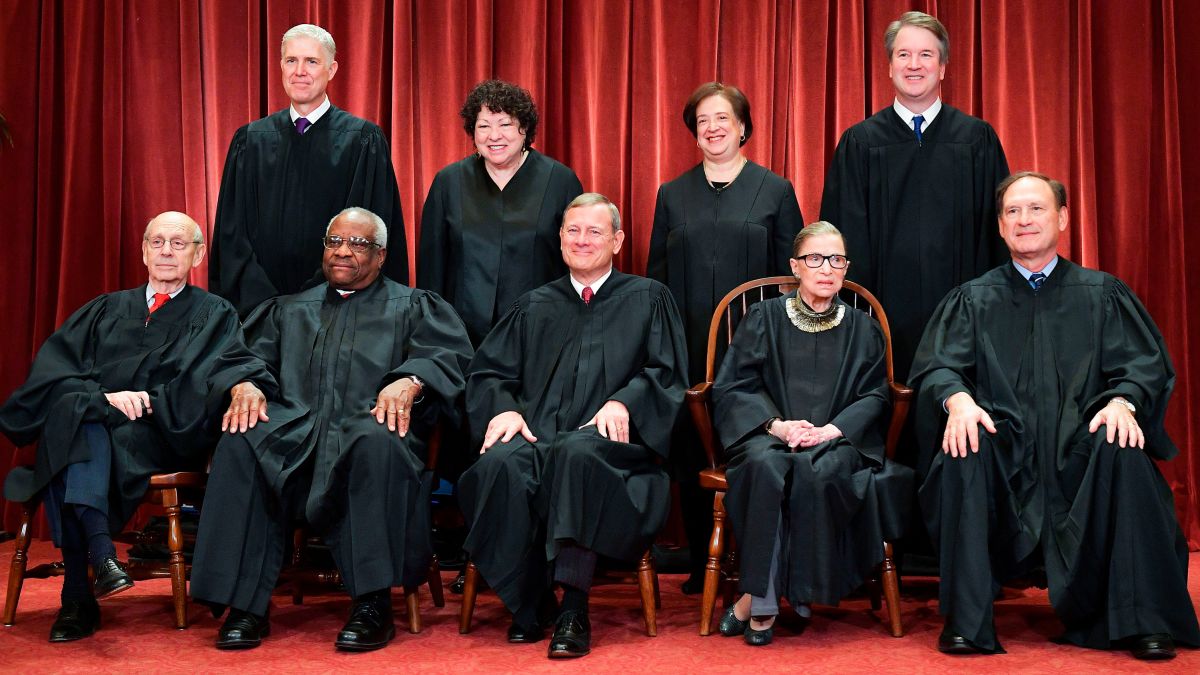New federal Civil Rights law prohibits US employers for discriminating against workers on the basis of sexual orientation.
A 10-year Supreme Court legal battle has ended this week in a win for the LGBT+ community. The highest court of the federal judiciary in the United States ruled on Monday in Bostock v Clayton County that gay and transgender workers are protected from discrimination in the workplace by Title VII of the Civil Rights Act.
The 6-3 ruling has declared that the 1964 Civil Rights Act, which forbids employers from discriminating against employees ‘on the basis of sex as well as gender, race, colour, national origin, and religion’, includes protection for transgender and gay persons in its definition.

The political arm of law-creating, the House of Representatives and the Senate, have previously passed separate bills that ban discrimination on the basis of sexual orientation, but none had yet become law. Many were surprised, therefore, to see the official legislative hammer come down from a Supreme Court that, thanks to Trump’s two appointments, is heavily conservative leaning.
Bostock v Clayton County arose from a trio of cases in the US courts over the last decade where gay and trans workers said they had been fired due to characteristics related to sex. At the Supreme Court level, the case turned into an intensely textual debate arguing whether one’s gender identity is necessarily included in the term ‘sex’.
The Court’s majority decision was reported by Justice Neil Gorsuch, who argued that discrimination against gay and transgender people necessarily included judgments about their sex.
Gorsuch noted that an employer who fired a male worker because he was attracted to men ‘discriminates against him for traits or actions it tolerates in his female colleagues’. Further, he wrote that if an employer fires a person who identified as male at birth but who subsequently identified as female, the employer penalises ‘traits or actions that it tolerates in an employee identified as female at birth’.




















